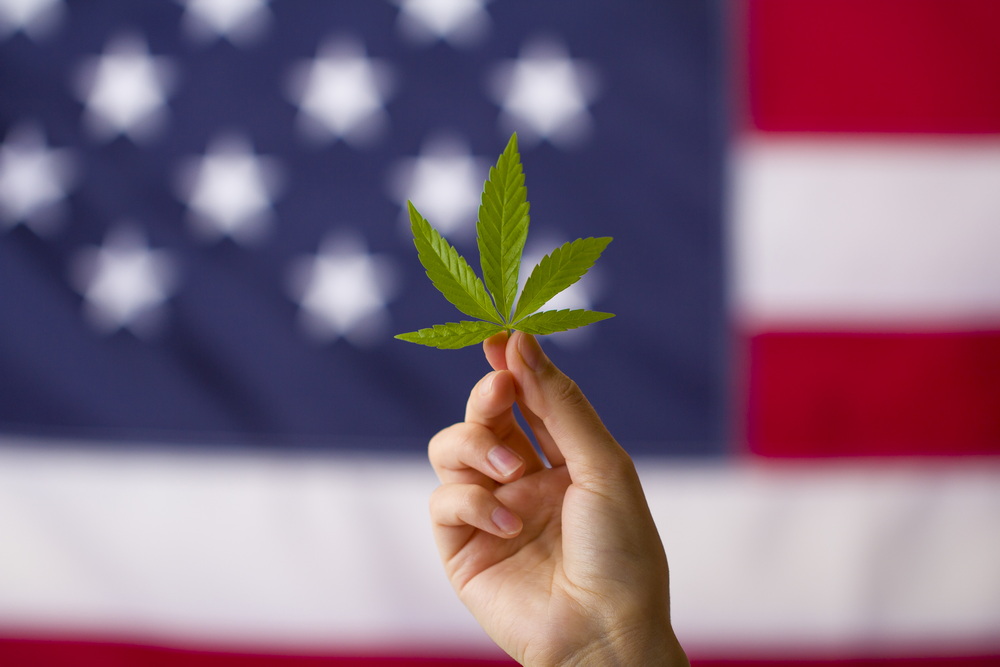
Wouldn’t it be fantastic if Washington decriminalized marijuana? That depends on your point of view. If you are among those in support of full decriminalization, be careful what you wish for. Decriminalization is not suddenly going to make everything okay. It is going to create problems of its own.
For the record, Republicans in the House have introduced a bill to deschedule cannabis and treat it like alcohol from a regulatory standpoint. Known as the States Reform Act (SRA) the legislation would pave the way for states to take a greater role in determining how their citizens use and access cannabis. It would also provide funding for law enforcement.
This all sounds wonderful except for one thing: the SRA also gives the FDA, USDA, Treasury Department, and ATF a certain amount of regulatory control. The legislation specifically states that legalized cannabis would be regulated similar to how alcohol is currently regulated.
-
Be Prepared for Taxation
Federal decriminalization will usher in a whole host of changes. The most visible to consumers will be the introduction of new taxes. Rest assured that those taxes will be significant. States already tax cannabis quite heavily. That is why it costs so much to purchase medical cannabis products from legal pharmacies like Salt Lake City’s Beehive Farmacy.
Beehive’s Salt Lake City pharmacy is one of two such pharmacies the company operates in Utah. Their other location is in Brigham City. They say that one of the biggest problems patients in Utah have is affordability. Taxation is a big part of it. Utah’s restrictive regulations do not make cannabis any cheaper.
Unfortunately, things are not any better in recreational-use states. Take California. Its black market still accounts for the majority of all cannabis sales in the Golden State. Taxation and regulation are the two biggest culprits. And now, the state’s cultivation tax is set to increase in January 2022.
-
Passed on to Consumers
The thing about taxes and regulations is that consumers ultimately pay the final price. Regulations cost money to accommodate. The financial burden is shifted to consumers along with taxes. California residents can rest assured they will pay more at the retail counter as a result of the higher cultivation tax.
It’s no wonder that California’s black market continues to thrive. Black-market cannabis is cheaper than the legal stuff. Why would consumers spend so much more at a licensed dispensary if they can readily buy what they want on the street for less?
-
Turning a Blind Eye
The point here is not to say that decriminalization is a bad thing. In fact, this post takes no position one way or the other. The point is to simply say that decriminalization will usher in a whole new set of problems. As far as taxes are concerned, maintaining the status quo might be better.
As things currently stand, Washington turns a blind eye to what states are doing with cannabis. The result is a lack of federal regulation and taxation. California residents pay California taxes on their cannabis. Utah residents pay their state taxes. Residents in neither state pay any federal cannabis taxes.
The push is on to decriminalize cannabis at the federal level. Lawmakers may not get it done in the next year or two, but it is probably only a matter of time before cannabis is completely legal from coast to coast. When that happens though, there will be other issues to deal with. Some of the people now pushing for decriminalization may eventually regret doing so. Suffice it to say that decriminalization will not disperse the clouds and lead to permanent sunshine.




